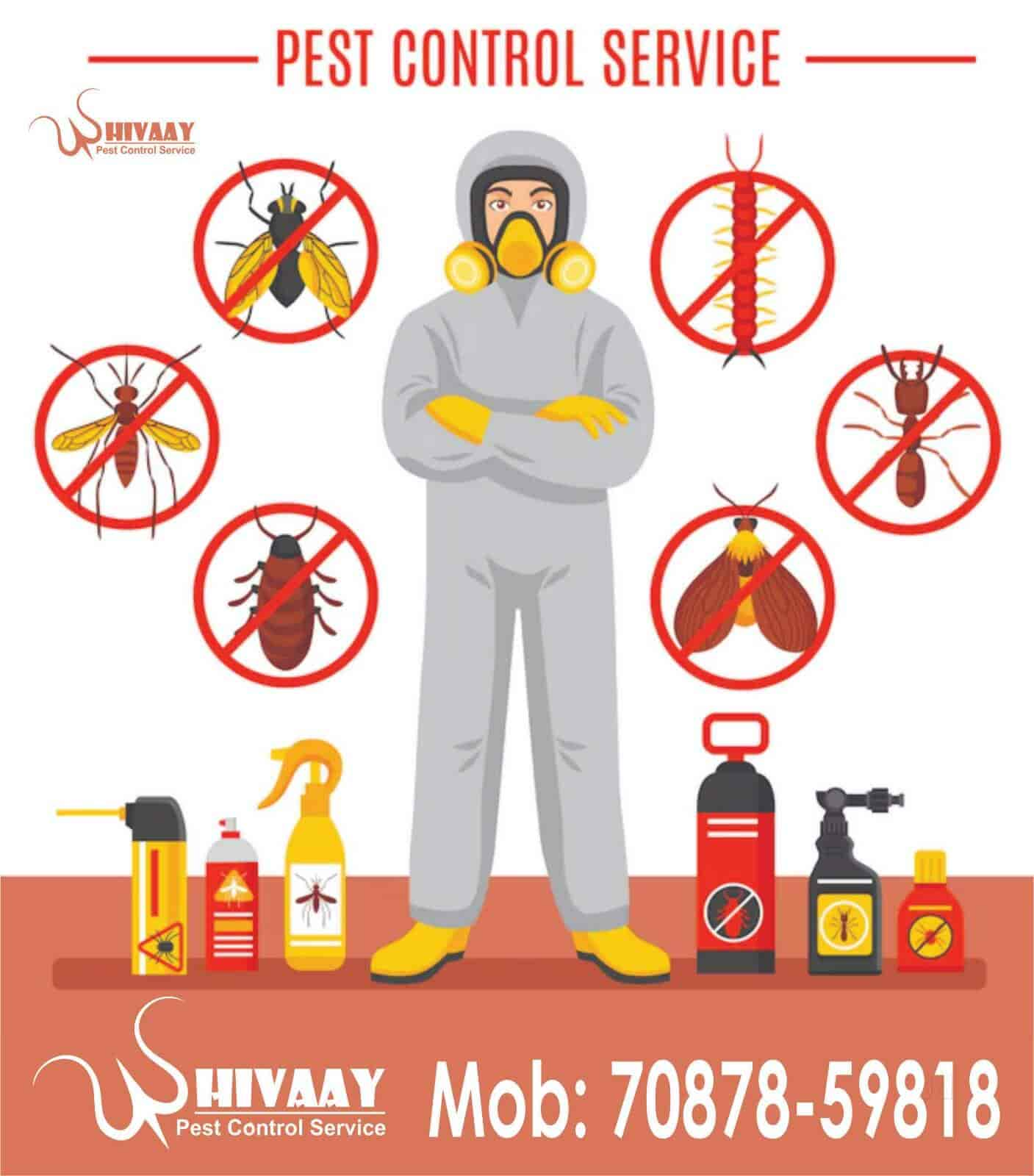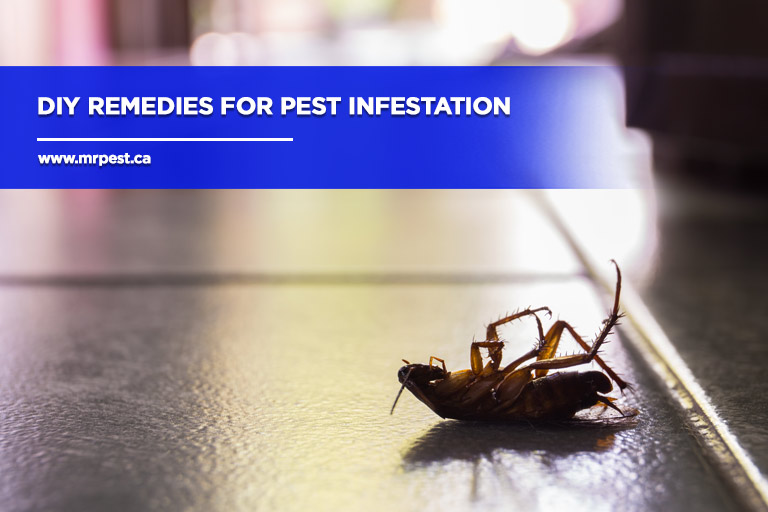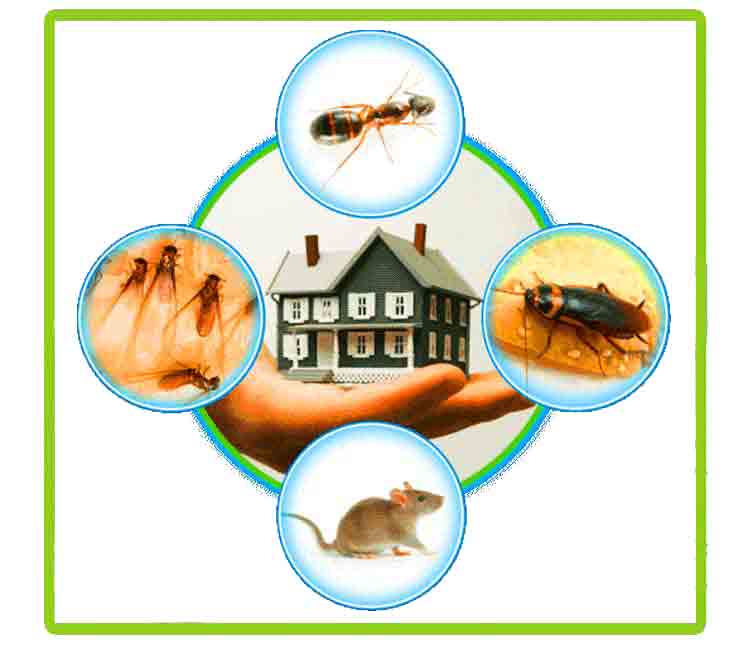Safe and Trusted Pest Control for Lasting Defense
Efficient parasite management needs a complex approach that balances ecological stability with the requirement for reliable insect suppression. The subtleties of these techniques might not be immediately clear, prompting a more detailed evaluation of the practices that can lead to sustainable insect control results.
Recognizing Insect Control Approaches
Pest control includes a selection of approaches focused on managing and eradicating unwanted pests and rodents that can threaten both health and home. Understanding these methods is critical for effective insect management.
The primary categories of insect control methods consist of mechanical, organic, and chemical techniques. Mechanical techniques include physical barriers and traps to protect against pest entrance and capture unwanted species. Making use of displays on home windows or utilizing sticky traps can considerably decrease pest populaces without presenting unsafe materials - exterminator coquitlam.

Chemical parasite control is usually the most acknowledged approach, utilizing chemicals to eliminate parasites. These chemicals can be efficient yet should be utilized with caution to stay clear of unfavorable results on non-target species and the setting.
Advantages of Eco-Friendly Solutions
Exactly how can environmentally friendly remedies transform parasite control practices? The adoption of eco-friendly bug control methods uses countless benefits, dramatically enhancing the efficiency and safety of insect monitoring (exterminator coquitlam). Firstly, these services use natural active ingredients, decreasing the dependence on unsafe chemicals that can position dangers to human wellness and the environment. This change not just protects households and pet dogs but also reduces the capacity for soil and water contamination.

An additional benefit is the positive influence on regional biodiversity. Environmentally friendly services are developed to target specific bugs while protecting beneficial bugs and wildlife, advertising a balanced ecological community. This technique aligns with the expanding customer demand for sustainable techniques, enhancing the track record of pest control companies.
Integrated Insect Management Methods
The application of environmentally friendly remedies naturally causes the adoption of Integrated Bug Management (IPM) methods, which better enhance bug control efficiency. IPM is an all natural approach that incorporates multiple tactics to handle parasite populations while minimizing ecological impact. This technique emphasizes using organic, social, mechanical, and chemical controls, ensuring a lasting and balanced technique of bug monitoring.
One fundamental element of IPM is the detailed evaluation of pest activity and ecological problems. By keeping track of bug populaces and recognizing their life process, practitioners can apply targeted interventions that interrupt the bug's environment or lifecycle, lowering dependence on chemical pesticides. In addition, social methods such as plant turning and environment adjustment can significantly diminish pest establishment and reproduction.
An additional critical component is using organic control agents, such as helpful bugs or bacteria, which can naturally suppress pest populations. When chemical applications are necessary, IPM focuses on the use of low-risk pesticides and applies them uniquely, decreasing direct exposure to non-target microorganisms and people.
Integrating IPM methods not only improves insect control efficiency however also promotes a more secure ecological community, straightening with the growing need for lasting methods this content in pest monitoring.
Safe Practices for Homeowners
Recognizing the importance of safe practices in parasite control can equip home owners to properly handle insect concerns while securing their health and the environment. Carrying out safe techniques and safety nets is critical in reducing investigate this site direct exposure to dangerous chemicals.
Home owners ought to first examine their setting for conditions that draw in parasites, such as standing water, clutter, and food waste. On a regular basis cleansing and sealing entrance factors can hinder pests from attacking the home. Utilizing natural deterrents, such as necessary oils or diatomaceous planet, can provide reliable alternatives to chemical pesticides.
When chemical therapies are essential, homeowners ought to select items that are especially classified as secure for household usage. It is necessary to follow application guidelines meticulously to prevent overexposure. Utilizing targeted treatments in areas where insects are determined, instead than covering splashing, can dramatically lower chemical usage.
Last but not least, preserving open communication with parasite control professionals is vital. Property owners should inquire concerning the safety and security of products made use of and demand eco-friendly alternatives whenever feasible. By embracing these risk-free practices, homeowners can develop a much healthier living atmosphere while efficiently managing parasite problems.

Tips for Long-Term Security
Developing a bug management strategy that emphasizes long-lasting security can considerably improve the effectiveness of the risk-free methods formerly gone over. To achieve this, home owners must implement normal inspections of helpful site their residential or commercial property, concentrating on hidden locations such as attics, cellars, and crawl spaces. Early discovery of pest task is vital in preventing problems from taking hold.
These techniques reduce attractants that attract bugs into the home. Sealing entrance points, such as fractures around doors and home windows, can effectively obstruct possible insect gain access to.
Landscape design needs to additionally be considered; keeping plants trimmed and keeping a range in between vegetation and the home minimizes hiding spots for insects. Utilizing natural deterrents, such as vital oils or diatomaceous planet, can further discourage infestations without resorting to harsh chemicals.
Lastly, collaborating with a professional pest control service for routine evaluations can give an added layer of security. These specialists can supply tailored recommendations and progressed therapies, making sure that your home stays safeguarded against parasites in the lengthy term.
Conclusion
In conclusion, safe and reliable bug control requires a multifaceted strategy that highlights green techniques and integrated parasite administration. By executing all-natural deterrents, carrying out regular assessments, and preserving correct cleanliness, homeowner can significantly lower insect populaces while shielding helpful pests and the atmosphere. Collaboration with expert pest control solutions enhances the efficiency of these techniques, ensuring tailored remedies that offer long-term security and satisfaction against future invasions.
Reliable insect monitoring requires a diverse strategy that balances environmental honesty with the need for effective bug suppression. The adoption of green pest control techniques supplies various advantages, significantly improving the performance and security of parasite monitoring.The application of environment-friendly services normally leads to the adoption of Integrated Bug Management (IPM) methods, which better enhance insect control efficiency. exterminator coquitlam. By monitoring insect populations and determining their life cycles, professionals can carry out targeted treatments that interfere with the parasite's habitat or lifecycle, reducing dependence on chemical pesticides.In verdict, dependable and safe insect control requires a multifaceted technique that highlights green approaches and incorporated bug administration